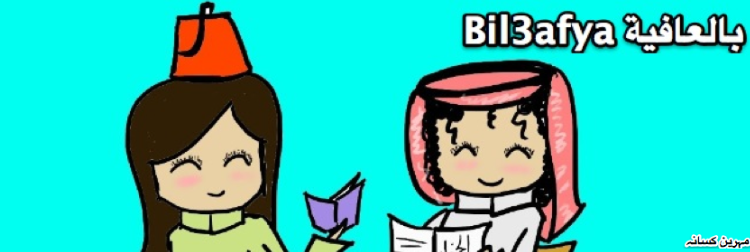One of the struggles that many Khalijis have to undertake is the one
against all the stereotypes set against them, especially by the rest of
the Arab world. These stereotypes are caused by three factors: oil,
migrant workers, and tourism. The millions of Arabs, whether Arab
nationalists or not, who negatively stereotype people of the Gulf, look
down at them, and marginalize their political and human struggles, do
blame the Gulf for not using their oil to empower the Arab region. They
see them as spoiled, non-productive creatures and classical allies of
the West. Simply, the Gulf is somehow blamed for most of their
tragedies.
As for migrant workers, the Gulf has one of the worst records when it
comes to mistreating, discriminating, and violating the rights of
millions of migrant workers; Arab, Asian, and African, and certainly far
less against white westerners who mostly hold prestigious posts in
corporations and academia.
The third generator of these stereotypes comes classically from
Khaliji tourists visiting countries like Lebanon, Egypt, and Morocco.
The men who travel looking for sex tourism and what comes with do so
simply because they are denied many of their individual freedom in
societies that do not normalize interaction between both genders.
What is the Gulf to Arabs? An oil land filled with backward Bedouins
who don’t deserve the luxury they have. The Gulf for many Arabs is never
portrayed as the region that fought colonialism, contributed to the
struggle of fellow Arab nations, revolted in Oman, Bahrain, and Saudi
Arabia. The Gulf is not the beauty of Bedouin culture but its harshness,
the Gulf is not the diversity, and not that meeting point of African,
Yemeni, Arabian, Persian, and Indian cultures. The Gulf for many
outsiders is exactly what the Gulf regimes want it to be portrayed as;
passive, disconnected, and spoiled.
One of the worst arguments made by many Arabs against the Gulf is
made by neo-colonial minds, those who use the same arguments used by
European colonialists; you are uncivilized, you are tribes, and that’s
why you can’t be productive, creative, or free. They don’t even question
the dangerous discourse they’re using and do not realize the importance
of knowing the real Gulf. They do not realize that they are abusing
Khalijis the way they were abused; dehumanizing nations, isolating them,
and leaving them without forms of solidarity and needed exposure.
The discourse of civilization has been often used in the modern Arab
world and is now being reborn in reaction to the rising Islamist power
that is believed to be funded by Gulf regimes. Instead of pointing to
the acts of those regimes, the cultures of the Gulf and the people are
taking the blame. The cultures are being deformed in a way that portrays
the political game as if it is an act of exporting a violent, sexist,
racist, and backward culture to the rest of the region.
Here, the discussion of an Arab Spring of the mind comes to play an
important role. I believe the rising voices around the Gulf are not only
contributing to the fight for democracy but most importantly shaping a
new image for themselves; when other Arabs see how many communities are
oppressed in the Gulf and how many of those are compromising to
highlight those struggles, then we will witness a new era of mutual Arab
understanding. We can no longer believe in the elite (being writers or
bloggers) as long as they insist on using the colonial discourse of
civilization.
* Published in AlAkhbar
* Published in AlAkhbar


.jpeg)